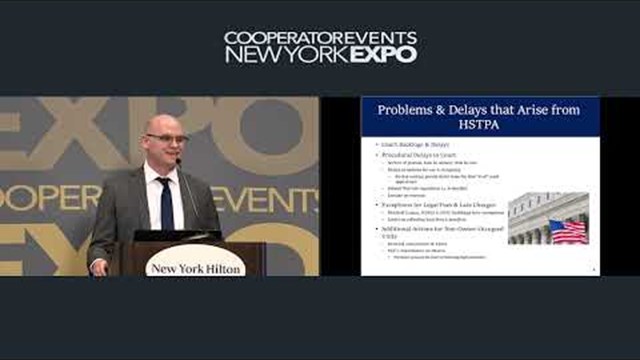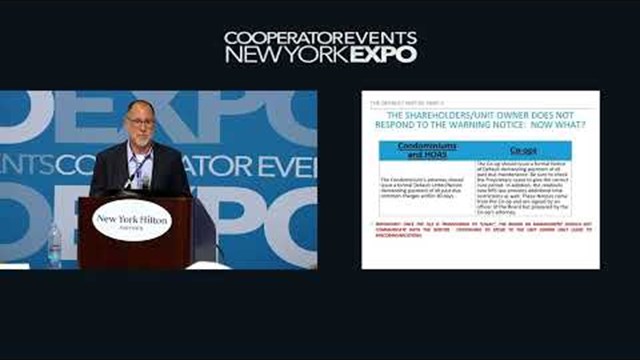
Q. In addition to our monthly $942 common charges, the board of our condominium complex has been collecting an additional $257 assessment each month since August 2018 in anticipation of future repair work, and to replenish our underfunded reserves. We have some major capital work scheduled to commence soon, and instead of using the reserves we’ve been funding for the last three years, starting in August 2021, the board has decided to impose a new special assessment of $1,542 on each unit for four months, to cover the entire cost of the work — about $150,000. The board is not spending a penny from the reserve. Moreover, in the notice letter of this new $1,542 assessment, the board also states that the previous ongoing $257 monthly assessment will be incorporated into our base monthly common charges commencing August 2021. Is it legitimate for the board to do all of this?
—Owner Who Thinks This Is Unfair
A. “The short answer to these questions is yes,” says attorney Stewart Wurtzel of the Manhattan firm of Tane Waterman & Wurtzel, P.C. “It is perfectly legitimate for the board to determine how to raise money for repairs and to replenish reserves through assessments.
“These decisions will be protected by the Business Judgement Rule. A properly replenished reserve fund is an important component of a financially healthy building. As the original assessment was to be used for future repairs and to replenish the reserve fund, use of all or a substantial portion of the reserve fund to pay for current repairs will have defeated the purpose of the initial assessment.
“In addition, if the monies were drawn from the reserve fund to make the repairs, it would most likely be necessary to have extended the assessment to replace what was spent. It is also unknown as to how many repairs are forecast over the next number of years. The board may have been concerned about repairs that will be upcoming and wanted to make sure there was a financial cushion to help pay for those repairs.
“Because of restrictions in many condominium bylaws, a condominium’s ability to borrow to fund repairs is often more limited and certainly more cumbersome than the tools available to a cooperative. For example, unit owner approval is usually needed before a condominium can seek to take a loan.
“Finally, having set aside money in the common charge budget to help fund the reserve is also a legitimate exercise of business judgement. Many lenders are requiring condominiums to have set aside for reserve in determining whether they will provide end loans in the building. Building an excess in the budget for reserve purposes will hopefully obviate or minimize the need for a future assessment. On its face, this sounds like the board is doing exactly what it should be doing to preserve the financial integrity of the building.”









2 Comments
Leave a Comment